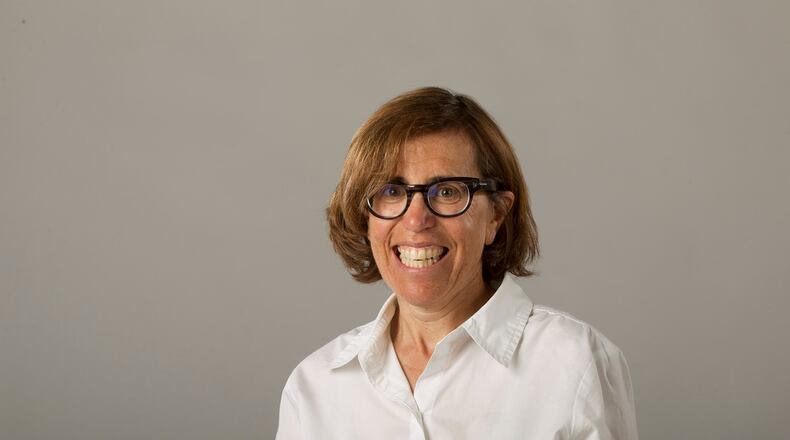Results from a study published in the journal Health Affairs indicated that Medicare beneficiaries spent almost three times more household income on health care costs than their younger counterparts. Furthermore, despite having a medical issue, nearly one in five Medicare recipients admitted that they did not visit a doctor, did not fill a prescription or skipped doses of medication due to cost constraints.
To help reduce the barriers to health care income challenged elders and individuals with specific health conditions are encouraged to apply for assistance through the Medicaid program. This program of both the federal and state governments aims to provide supportive assistance for those with limited incomes. Funding and programs varies from state to state, with Medicaid spending on elders in Ohio in excess of $3.7 billion, according to the Kaiser Family Foundation.
Medicaid serves as an important complement to Medicare through their cost sharing. In doing so, lower income Medicare beneficiaries can receive assistance with their Medicare premiums; coverage for prescription drugs, various medical expenses, rehabilitation and some home and long-term care services typically not available through Medicare. As most would prefer to receive services that enable them to remain in their own homes, those eligible for Medicaid with health needs can receive home and community based services directed towards successfully achieving this goal.
The home-based service funded by Medicaid in this discussion is the Passport Program. Recipients of this service can receive (but not limited to) usage of an emergency response system, home delivered meals, transportation, minor home modifications, and assistance from a caregiver. Very generally, to receive Passport, the applicant must be 60 years and older. The individual will need to verify that they have countable assets such cash, stocks, bank deposits and cash surrender value of a life insurance policy of no more than $2000. A Passport applicant with an income over $1434 will have a liability. A recent change that will benefit more people is that those with an income over $2199 will need to establish a trust. There may be additional flexibility for those who exceed this earning cap based on the extent of ones medical and in home needs. Nonfinancial criteria to receive Medicaid funded services at home include the need for help with daily living activities such as preparing meals, help with dressing and various home chores. The aim of this program is to help an elder who, without this assistance, would likely need to relocate to a skilled nursing facility.
While being mindful of eligibility guidelines, rules are often changing and few of us have cookie-cutter circumstances. Therefore, if questioning whether this program may be good fit, it is strongly suggested to contact the Area Agency on Aging and request an assessment. The visit is free, and it can be a good opportunity to discuss service options. An elder care attorney can be a very beneficial partner to help with Medicaid Planning (of course, they can be of most help when consulted well in advance of the need for Medicaid).
Marci Vandersluis is a licensed social worker and has a master’s degree in gerontology. She is employed as a care manager assisting older adults in the community connect with needed services. Email: marcirobinvandersluis@gmail.com.
Learn more
Area Agency on Aging: 866-243-5678 or https://aging.ohio.gov/resources/areaagenciesonaging/
Medicaid information: 800-488-6070 or www.proseniors.org
Ohio Department of Medicaid: 800-324-8680 (customer hot line) or http://medicaid.ohio.gov/FOROHIOANS/Programs.aspx
National Academy of Elder Law Attorneys (NAELA): 703-942-5711 or www.naela.org
About the Author
